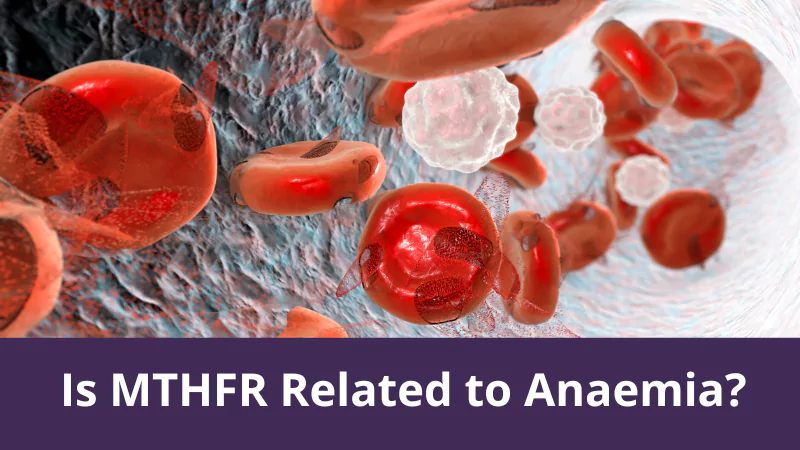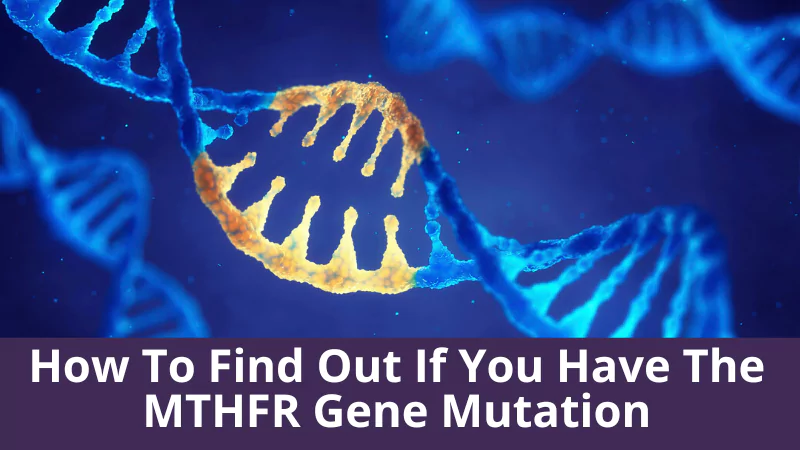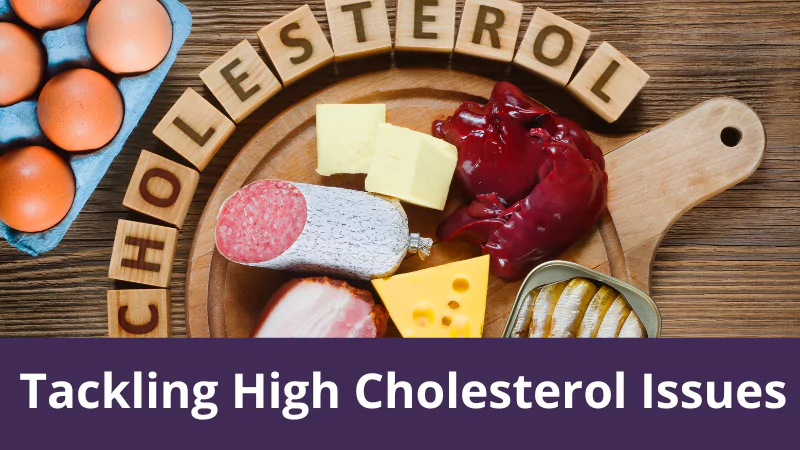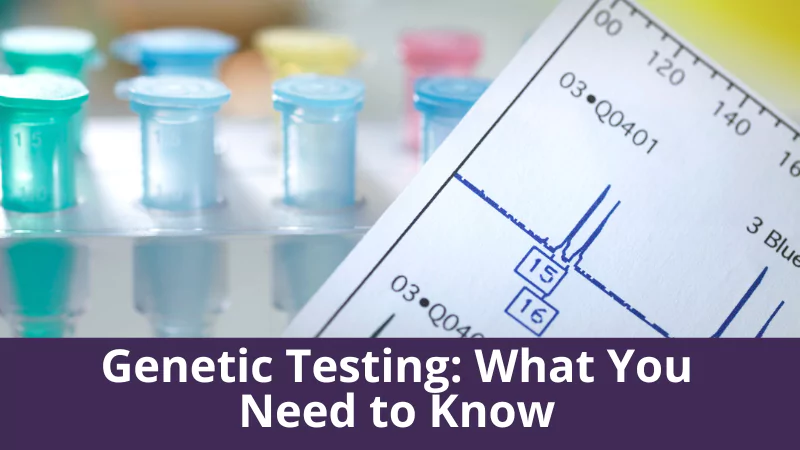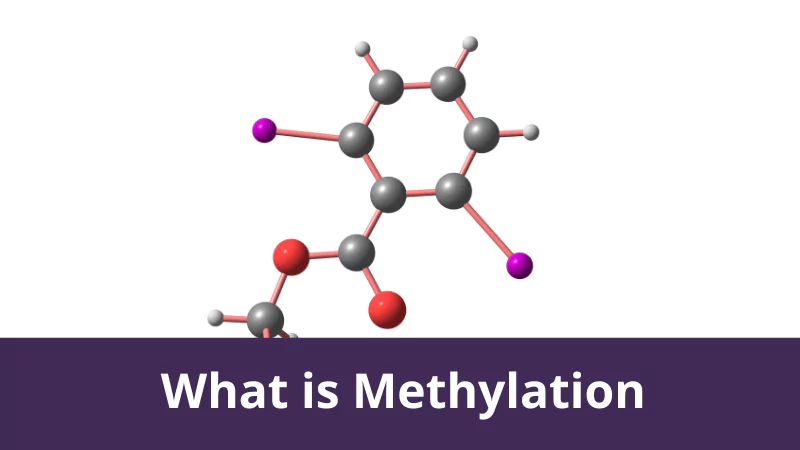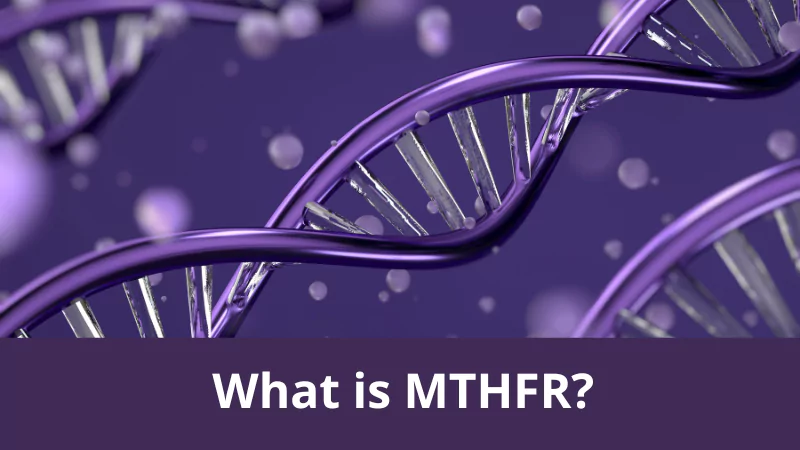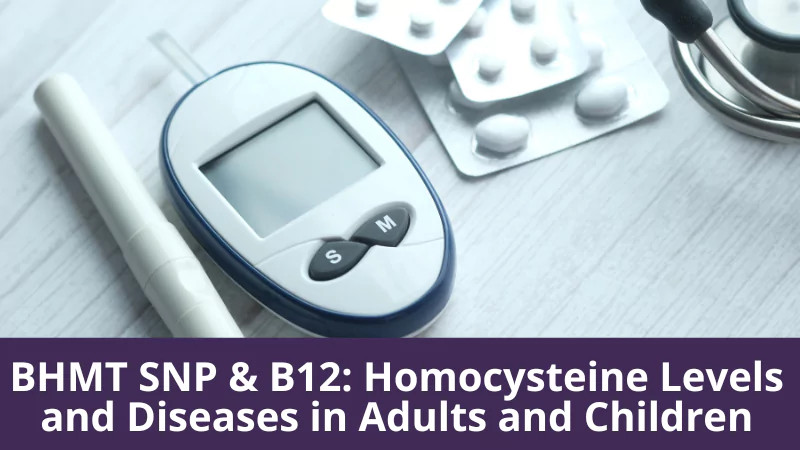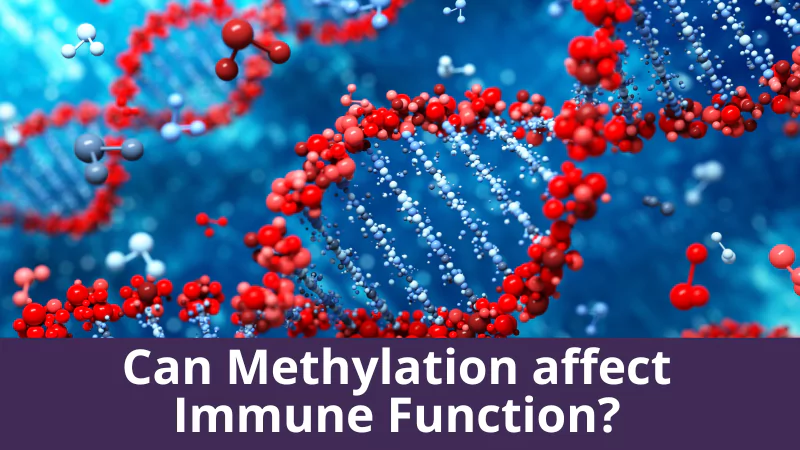
Can Methylation affect Immune Function?
The immune system protects the body from external threats such as viruses, bacteria, parasites, and chemicals. The key to the functioning of the immune system is its ability to differentiate between self (healthy tissue) and non-self. The immune system consists of several subsystems all working together as a unit to protect the body. It can

